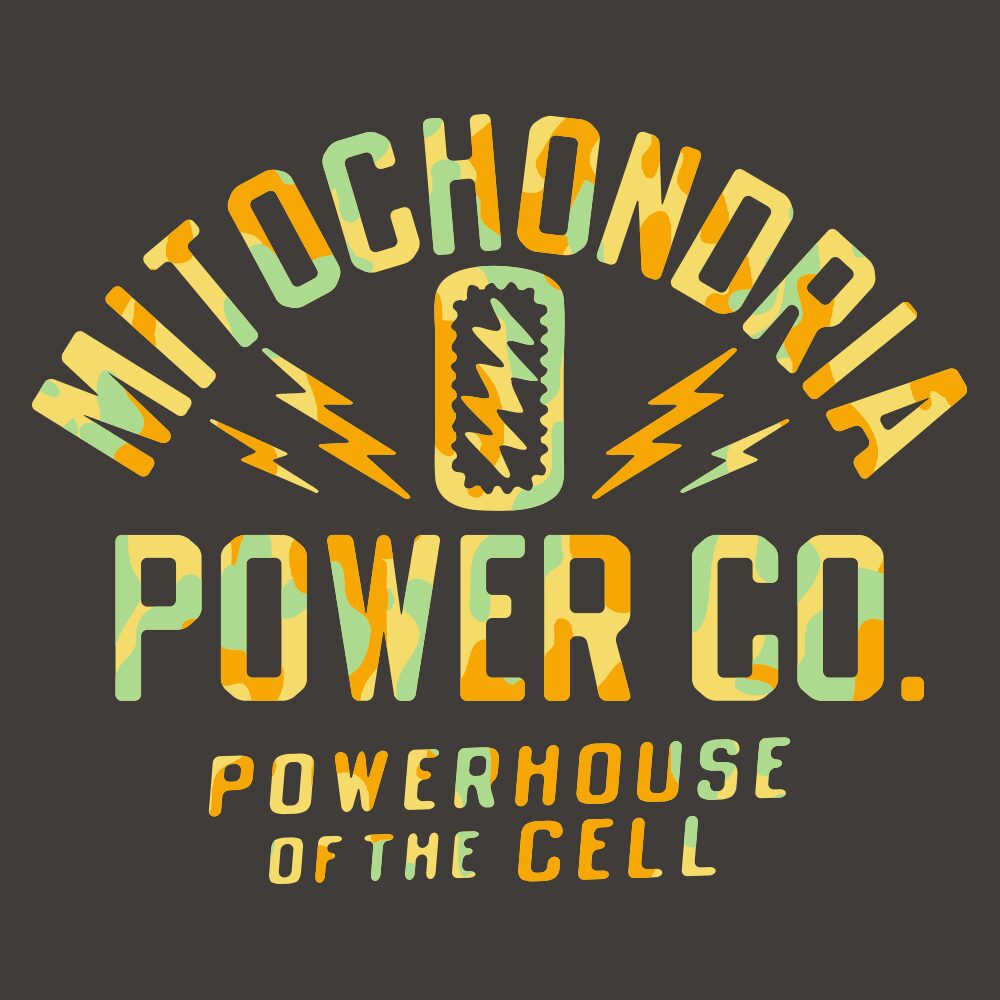
Think back to high school biology. You may recall learning about mitochondria. The powerhouses of the cell! They make ATP, the currency of cellular energy. It turns out that these kidney-shaped sub-cellular structures are vital in both health and disease.
Altered mitochondrial function has been demonstrated in numerous illnesses – cardiovascular disease, dementia and other neurodegenerative diseases such as Parkinson’s and multiple sclerosis, chronic fatigue syndrome, chronic infectious illnesses, and autoimmune diseases.
So what is so important about these little guys and how do we get them to function optimally?
ATP, or adenosine triphosphate, is what keeps our cells running. Because it cannot be stored, the mitochondria must work around the clock to continue making it and recycling it. It has been suggested that our mitochondria produce about the equivalent of our body weight in ATP per day when we are not exercising, and significantly more so during physical exertion.
A number of vitamin and mineral cofactors are needed for the biochemical pathways involved in ATP production to occur. These include B vitamins such as thiamin (vitamin B1), riboflavin (vitamin B2), and niacin (vitamin B3), CoQ10, carnitine, minerals such as iron, magnesium, and manganese, and glutathione and lipoic acid. These primary ATP production pathways include the metabolism of fats, carbohydrates, and proteins, as well as the electron transport chain. Mitochondria are also involved in defending against oxidative damage against the rest of the cell, producing key nutrients for cellular and organ function, and creating important cell signaling molecules.
So what causes mitochondria to not work so well? Deficiencies in these protective nutrients can cause reactive oxygen species to leak out of the mitochondria and cause damage to the surrounding cell structures. Normal aging also leads to cumulative damage to mitochondrial DNA. Environmental toxicity caused by organic pollutants and heavy metals, alcohol, and some prescription medications can also interfere with the oxidative balance within the mitochondria.
So what can we do about this?
Besides starting off with lucky genes, eating a high-antioxidant, nutrient-rich diet is essential. Eat the rainbow – that is, brightly colored vegetables and fruits that are high in vitamins, minerals, and antioxidants vital to mitochondrial function. Also important are minimizing your exposure to organic pollutants by choosing organic foods when able, minimizing household chemical use, and considering testing for toxic heavy metals (urine testing is preferred). Supplementation with key mitochondrial substrates can also make a huge difference. Talk to your doctor about finding high-quality mitochondrial support, as supplement quality can vary considerably and the phrase mitochondrial support is a hot one these days. Finally, increasing your muscle mass can lead to increased ATP production.
We at Revolutions are trained to support your mitochondria as part of your individualized health plan, and are more than happy to discuss these concepts in greater detail and how they factor into your care.
